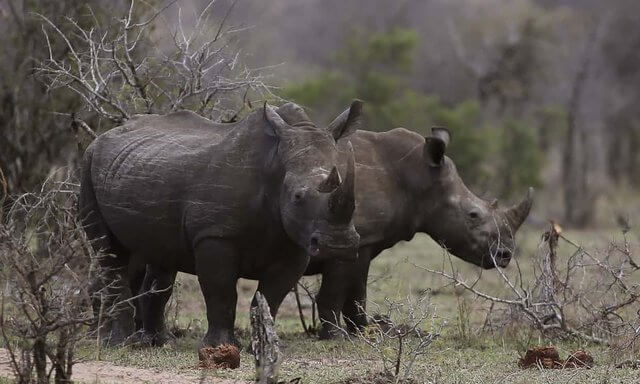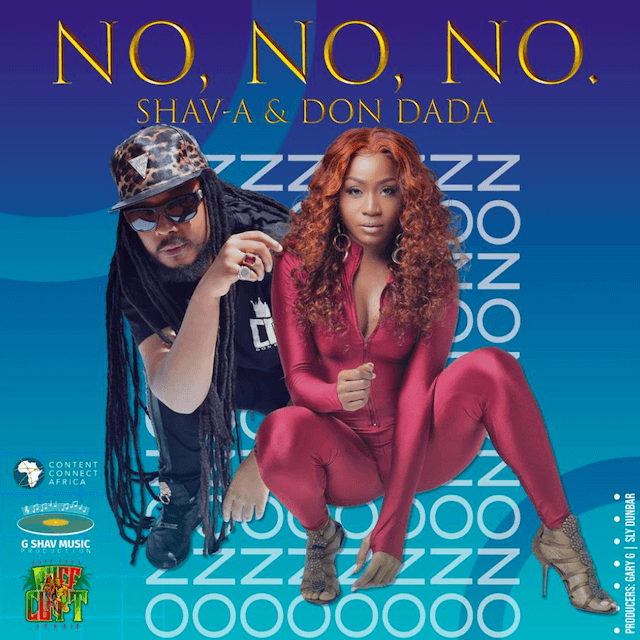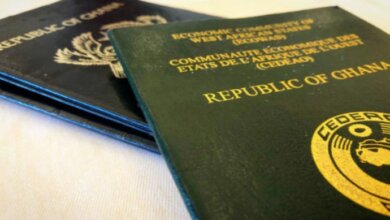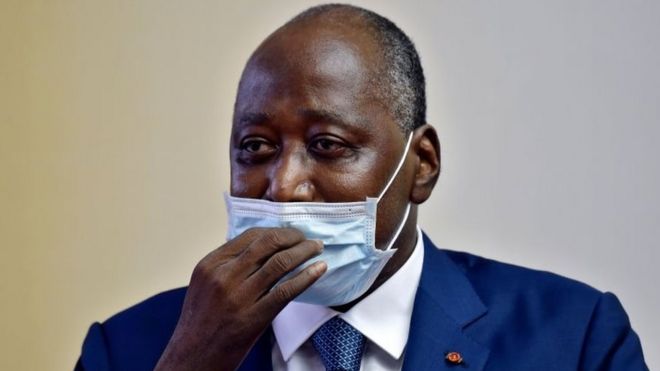South Africa Auctions First Rhino Horn NFT to Support Real Rhinos

Charl Jacobs, a Cape Town businessman, paid 105,000 rand ($6,850) for the digital horn, which he intends to put in a trust for his children.
Conservationists used the desire for NFTs to collect money to defend real rhinos, through a digital reproduction of a rhino horn sold at an auction in South Africa late Thursday.
“If worst-case scenario, if rhinos go into complete disarray then I would still own a rhino horn, because the NFT is a token of the physical rhino horn,” he said to AFP.
The money made from the sales will benefit the private Black Rock Rhino Conservancy, which protects 200 rhinos who may procreate while being kept safe from poachers.
Art lovers who have spent millions of dollars on digital drawings, music, and movies have flocked to non-fungible tokens (NFTs).
Read Also Ghana’s Skeleton Olympian Akwasi Frimpong becomes the first African to join the NFT space
The legitimacy of an NFT is verified using block-chain technology, which is considered immutable, allowing the digital items to be purchased and sold.
The NFT technology also permits a beneficiary to earn commissions from future transactions, so if Jacobs sells his NFT in the future, Black Rock Rhino will get a cut.
Within South Africa, it is permitted to trade in real rhino horns, but in this case, the original horn has been kept away for safekeeping.
“We are doubling our population every four years. So it’s a really important conservation project,” said conservationist Derek Lewitton.
In the first six months of this year, poachers murdered at least 249 rhinos in South Africa, 83 more than in the same period last year.
The animals are killed for their horns, which are trafficked into Asia and used for both traditional and therapeutic purposes.
Source: AFP
Abeeb Lekan Sodiq is a Managing Editor & Writer at theafricandream.net. He is as well a Graphics Designer and also known as Arakunrin Lekan.




